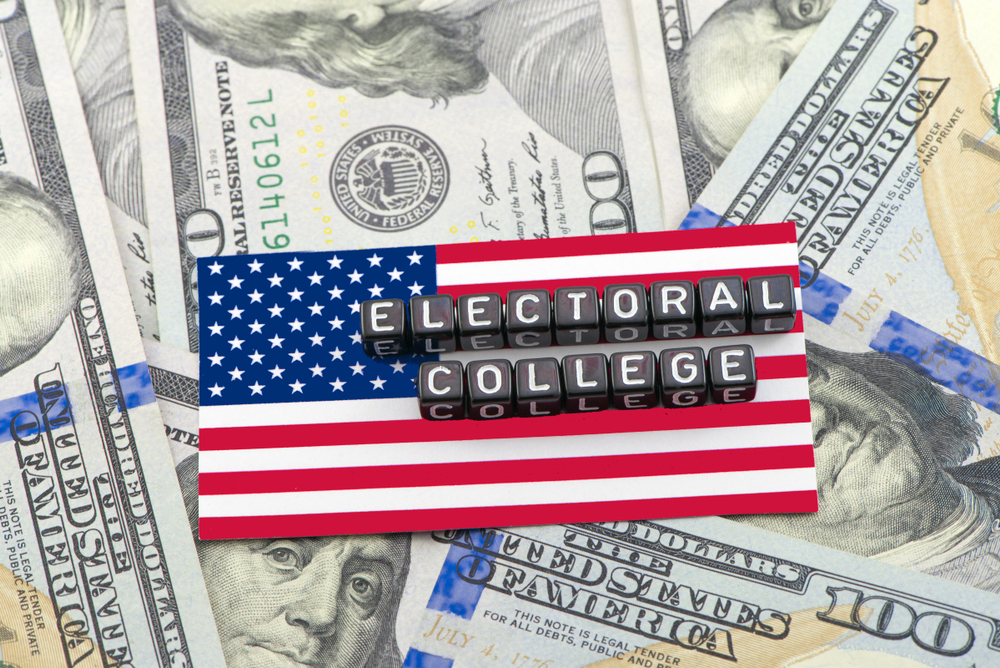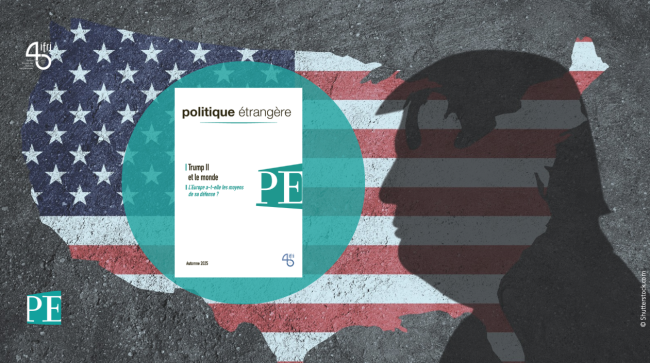L’inégalité du Collège électoral aux États-Unis : comment réparer la démocratie américaine ?

Since the start of the 21st century, the flaws of the Electoral College, which completes the election process of the president of the United States by indirect universal suffrage, are the target of stronger than ever criticism.

The structural problems of the US Electoral College - whether its lack of representativeness, the "winner-takes-all" rule, or the weight of swing states - undermine the proper functioning and the legitimacy of American democracy. The real-life consequences of these flaws are critical, and often unfavorable to Democrats, as illustrated by the recent nomination of Amy Coney Barrett. They will also dramatically weigh on the results of the November election.
This content is available in French : L'inégalité du Collège électoral aux Etats-Unis : comment réparer la démocratie américaine ?
Related centers and programs
Discover our other research centers and programsFind out more
Discover all our analysesBrazil One Year Away from the October 2026 General Elections
Brazil’s general elections will be held on October 4, 2026, to elect the president, vice-president, members of the National Congress, governors, deputy governors and state legislative assemblies. For the presidential and gubernatorial elections, a second round will be held on October 25 if no candidate obtains a majority of the votes in the first round.
Trump II: The Clash of Ideologies
The second Trump administration brings together a number of very different, even opposing, ideologies: far-right populism, the reactionary Christian right, paleolibertarianism, and technolibertarianism. The most visible measures taken since Donald Trump's return to the White House have been populist in nature, with the president's authority strengthened, checks and balances weakened, a form of identity politics embraced, and economic nationalism implemented.
Water in Mexico: an Emergency that Will Wait
Access to water is already and will become increasingly problematic for Mexican economic actors due to the progressive scarcity of the resource resulting from climate change, a geographical distribution that does not coincide with that of the population or economic activity, and management that has so far been far too lax.
Donald Trump v. the States: the Case of New York
While the disruptive policies of the second Trump administration are being implemented at the federal level and on the international stage, they are also being felt in the federal states and major cities across the country. In the spring of 2025, several cases involving the state and city of New York demonstrate that the president’s attacks on environmental protection, the separation of powers, freedom of speech, etc., are also being carried out at the local level.










